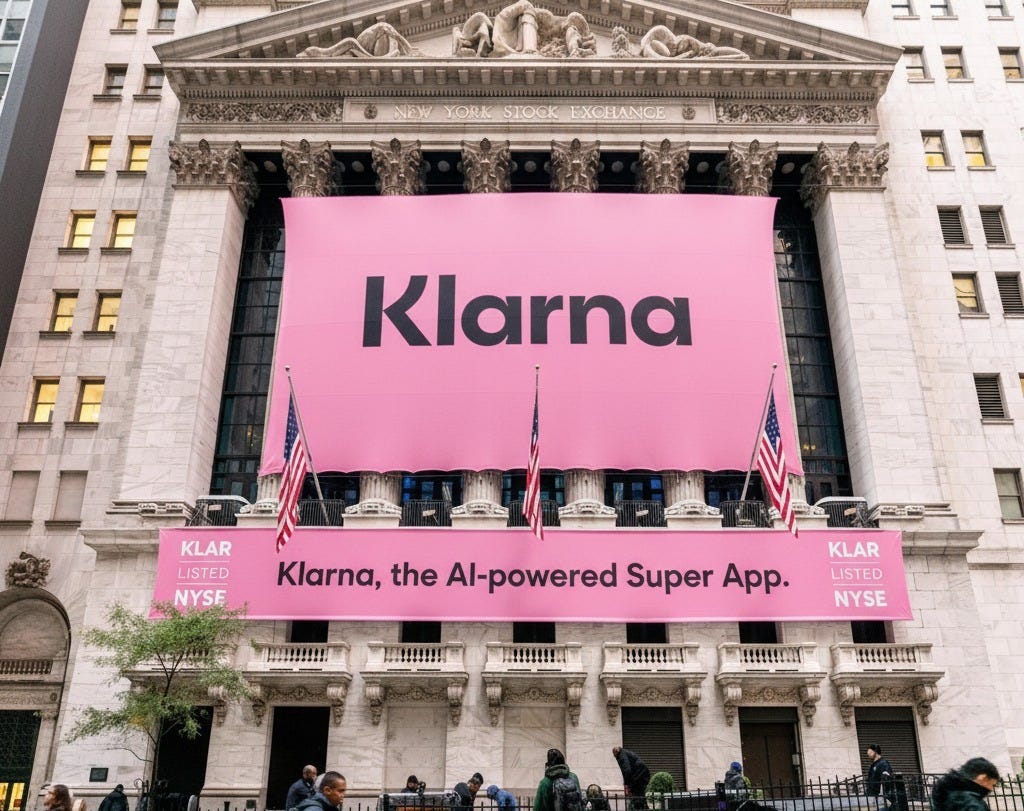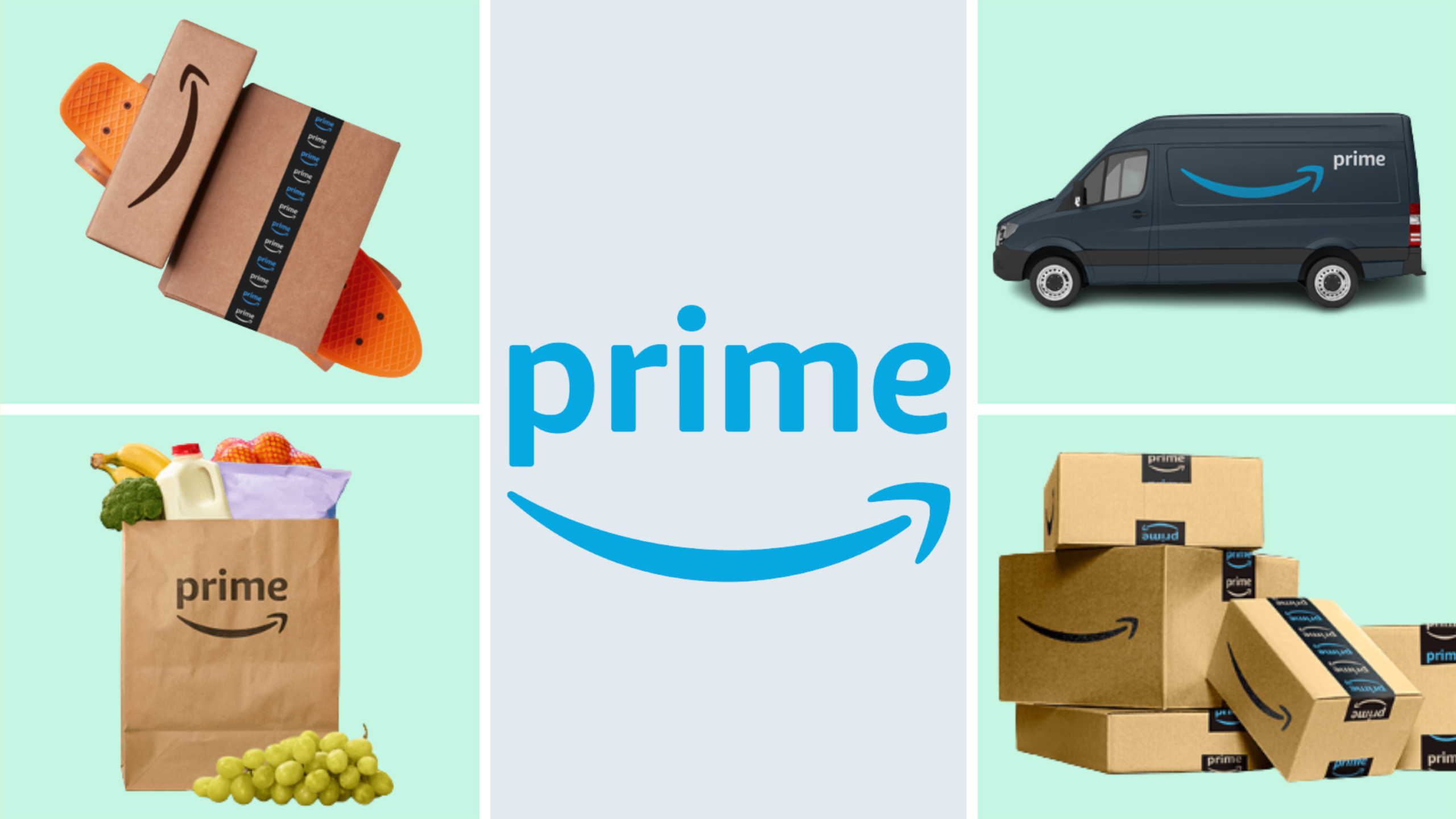Klarna Sets Sights on $14 Billion U.S. IPO Amid Renewed Investor Appetite for Tech
Sweden-based fintech giant Klarna is moving closer to its highly anticipated U.S. debut, aiming for a valuation of up to $14 billion, as investor interest in high-growth tech stocks starts to revive after several quiet years. Backed by Sequoia Capital, Klarna announced Tuesday that it plans to sell 34.3 million shares in the IPO, with prices expected between $35 and $37 per share, potentially raising around $1.27 billion.
The announcement marks a significant milestone for Klarna, which has drawn attention for its rapid rise from a $5.5 billion valuation to more than $45 billion in just two years, fueled by multiple funding rounds between 2020 and 2021. While CEO Sebastian Siemiatkowski had once considered a direct listing—which bypasses new share sales and traditional IPO costs—the plan was shelved in 2021 in favor of raising funds at a reduced $6.7 billion valuation.
Now, with steadier markets and growing investor confidence, Klarna is seizing the opportunity to test the appetite for high-growth fintechs once again. Other recent tech listings, such as neo-bank Chime and stablecoin issuer Circle, have also seen strong demand, signaling a cautious revival in the market.
Founded in 2005, Klarna helped transform online shopping with its “buy now, pay later” (BNPL) model, allowing consumers to split purchases into smaller, interest-free installments over weeks or months. The company reached unicorn status in 2012 and has since expanded aggressively, offering banking products and partnering with global brands including Zara, H&M, Coach, and Sephora. Its services now reach roughly 111 million consumers and nearly 790,000 merchants across 26 countries.
Klarna’s rise reflects broader trends in the payments sector, as fintechs increasingly capture market share from traditional banks by providing faster, more flexible, and digital-first solutions that appeal to younger consumers. Analysts expect BNPL and similar offerings to grow alongside e-commerce, which continues to expand globally.
However, the model is not without risk. Rising inflation and potential credit losses, combined with limited tracking of users’ credit profiles, could challenge long-term profitability. Still, for now, Klarna’s IPO is seen as a bellwether event: a strong debut could reignite investor confidence in high-growth fintechs, while a lukewarm reception may highlight ongoing concerns about valuations and regulation.
The company has chosen the New York Stock Exchange for its listing, under the ticker symbol “KLAR,” with Goldman Sachs, J.P. Morgan, and Morgan Stanley serving as lead underwriters. Among its most prominent shareholders are Sequoia Capital and Danish billionaire Anders Holch Povlsen’s Heartland A/S, the parent company of fashion brands like Only and Vero Moda.
As Klarna embarks on this next chapter, all eyes will be on whether its flexible, consumer-friendly payment model can continue to capture the attention—and the trust—of investors and shoppers alike.



